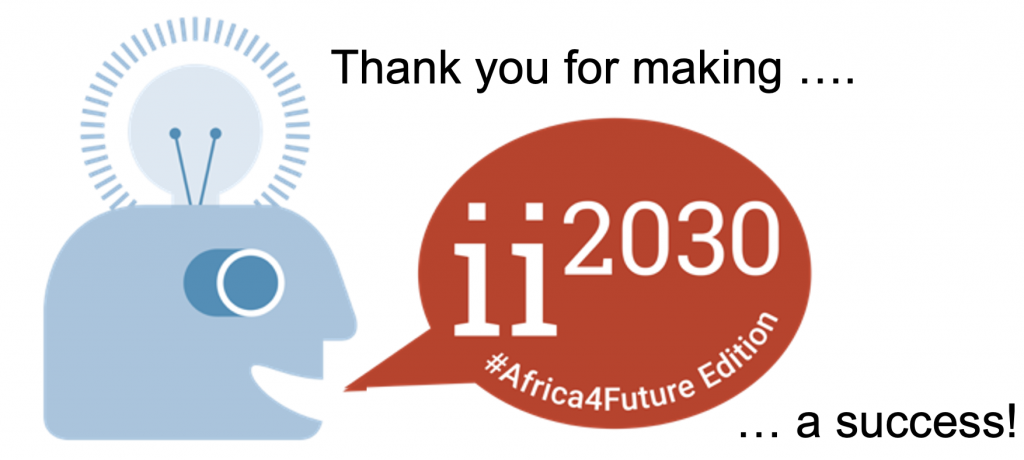Today we celebrate the successful completion of the #Africa4Future Edition of ii2030. in this edition, we explored how aerospace technologies like remote sensing and drones can shape Africa’s future and contribute to the SDGs. After three months of fruitful co-creation with an exceptional group of participants, we are pleased to share the resulting system-changing ideas.
ii2030 is Endeva’s proven approach to facilitate systems change for a more inclusive and future-fit society by 2030
At ii2030, we leverage technology to create partnerships that change systems and accelerate the achievement of the SDGs. ii2030 catalyzes collaboration amongst innovators from corporates, startups, the public sector, NGOs and science. The approach combines design thinking, system practice, and presencing methods to activate the human brain’s intellectual and emotional parts.
This year’s #Africa4Future Edition was funded by the Deutsche Gesellschaft für Internationale Zusammenarbeit (GIZ) GmbH on behalf of the German Federal Ministry for Economic Cooperation and Development (BMZ) and implemented in close collaboration with our partners from GIZ, Airbus BizLab, UP42 and CcHUB. Hear the voices of our partners in this video:
#Africa4Future was our first entirely virtual edition of ii2030, making it more inclusive than ever.
In light of the COVID-19 pandemic, we re-designed our methodology to facilitate an entirely virtual co-creation process. This allowed us to engage over 140 participants, representing 90 organizations from 26 countries, with two-thirds being based in Africa. The virtual whiteboard app Miro enabled an interactive engagement of participants in the solution design through virtual brainstorming, creative drawings and analytical rankings.
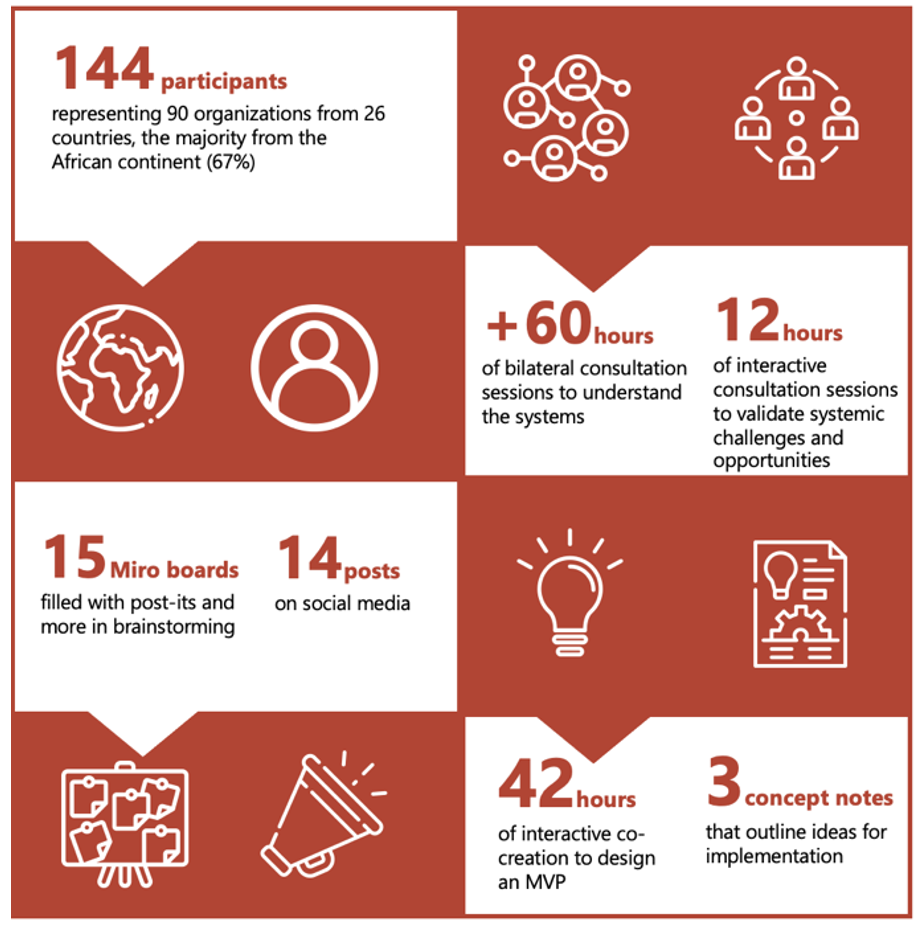
We co-created 3 tech-based solutions that will change Africa’s future.
The #Africa4Future Edition of ii2030 was organized into three tracks. Each track had a focus technology, a challenge to be resolved, and a carefully curated group of participants that brought a diversity of perspectives. The figure below provides and overview of the diversity of participants.
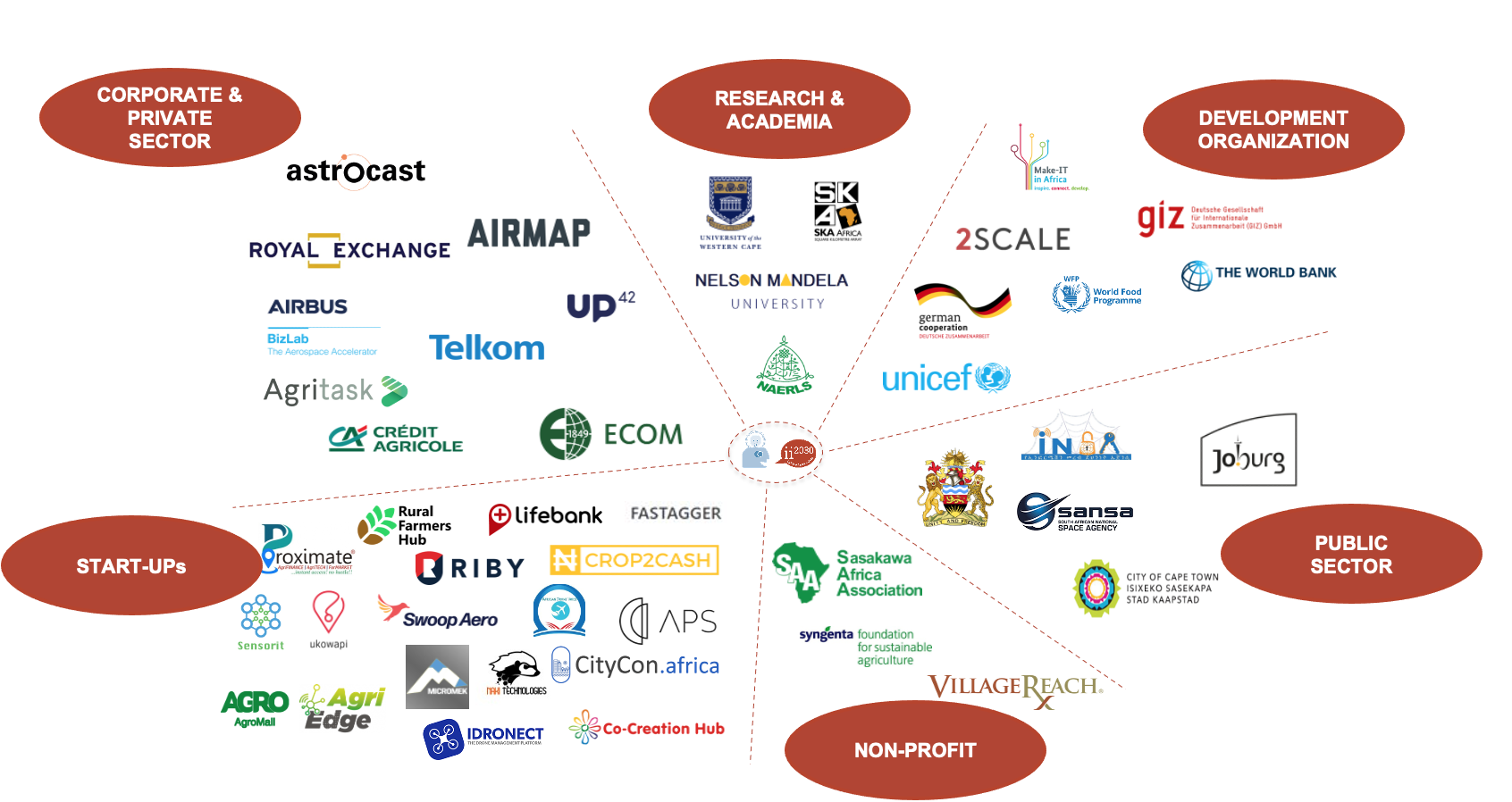
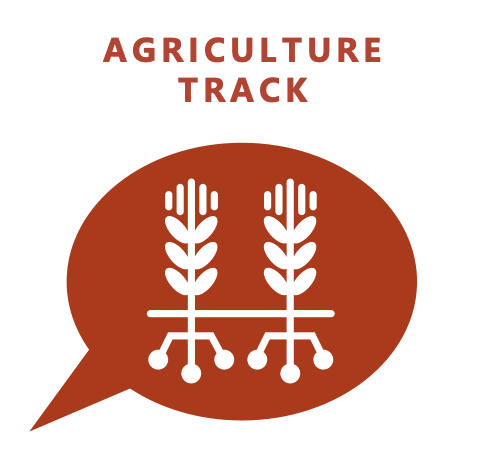 Agriculture Challenge: How can we create more resilient agri-food systems, reduce small farmers’ risk exposure, and increase productivity by using remote sensing technology?
Agriculture Challenge: How can we create more resilient agri-food systems, reduce small farmers’ risk exposure, and increase productivity by using remote sensing technology?
Solution: Enabling Agtech via Extension Services
With over 30 organizations from the agriculture and technology space, we developed a two-fold solution to enable the scale-up of ag-tech solutions by being promoted and applied by existing extension agents in Nigeria, both public and private. By making satellite-enabled ag-tech services available and affordable for smallholder farmers, via extension workers, these interventions will enable small farmers to become more productive and resilient. Services such as advisory, credit, insurance, or marketing of crops will allow farmers to manage their farms better, invest more, achieve greater yields, and manage risks more effectively. If you want to know more about this solution, contact Christina.
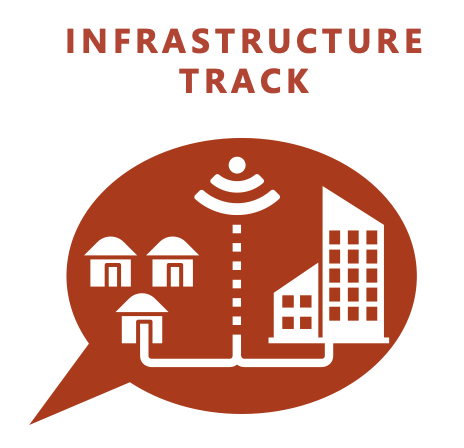 Infrastructure Challenge: How can we support African decision-makers to effectively respond to service delivery challenges today and build more resilient infrastructure tomorrow by using data-driven tools based on remote sensing and AI?
Infrastructure Challenge: How can we support African decision-makers to effectively respond to service delivery challenges today and build more resilient infrastructure tomorrow by using data-driven tools based on remote sensing and AI?
Solution: Jasiri2030
Critical infrastructure in Africa has limited capacity to absorb shocks like the current COVID-19 pandemic. Focusing on South Africa as a pilot country, the infrastructure track developed an interdisciplinary applied research project to increase knowledge, understanding, and application of space technology and AI for societal purposes. Relevant use cases for remote sensing and AI technologies will be developed, tested, and applied at cities and municipalities in South Africa. Ultimately, the project will increase local development of hardware and software solutions and make African solutions more resilient and independent. Interested to know more about this solution? Contact Ellen.
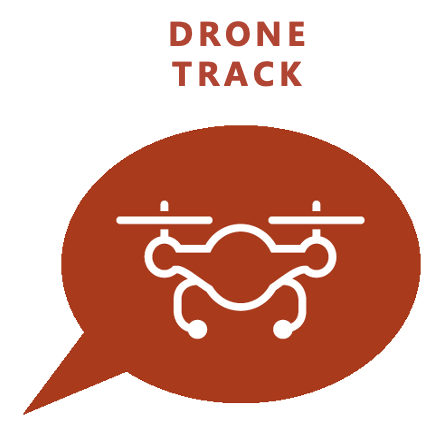 Drone Challenge: How can we make Africa the safest place to fly drones easily and allow the industry to play a critical role in achieving the SDGs?
Drone Challenge: How can we make Africa the safest place to fly drones easily and allow the industry to play a critical role in achieving the SDGs?
Solution: The Wakanda Beyond Challenge
Drone medical deliveries, including medicines, blood transfusions, medical spare parts, and test samples, could have a tremendous impact in overcoming Africa’s infrastructure shortcomings. However, to truly leverage the potential of drones, it is imperative to create a streamlined, transparent, and comprehensive regulation for safe flying. The drone track developed the Wakanda Beyond Challenge, a series of challenges to test, develop, and approve various technologies, processes, and protocols to make Africa the safest place to fly drones easily. The Wakanda Beyond Challenge will help address ecosystem challenges and identify cost-efficient African-driven solutions. It will be developed to meaningfully engage local communities through participatory development of regulations and community representation in decision-making processes. Interested to learn more? Contact Tendai.
Taking the results of the ii2030 #Africa4Future Edition towards implementation
Over the next months, the three prototype solutions will be further refined and implemented by participants of the ii2030 #Africa4Future Edition. The solutions and pathways to implementation are detailed in concept notes.
If you are interested in engaging in one of the solutions or running your own edition of ii2030, reach out to us! We always look for new partners and innovative ideas to leverage technology for a more inclusive and future-fit society.
Read the concept notes:
ii2030 AGRI Concept note final

